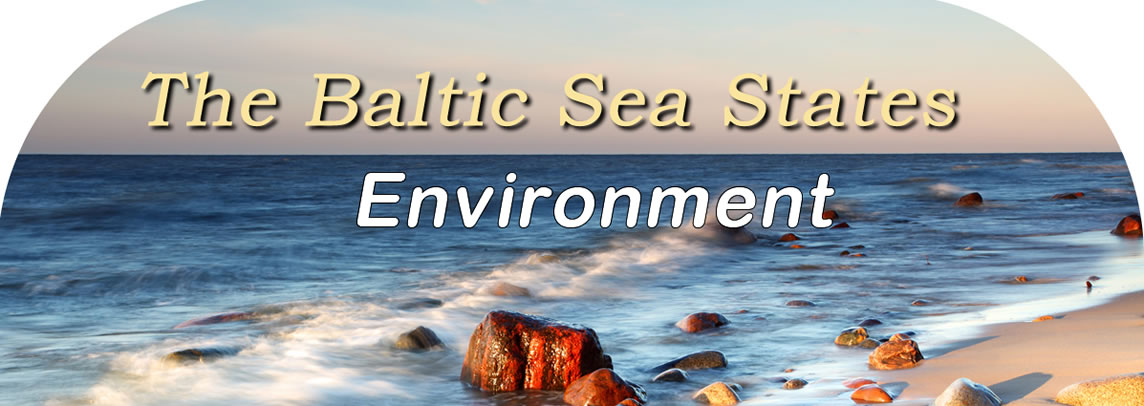
Environmental issues in
Lithuania
Lithuania,unfortunately, has
many environmental issues, some of which they are struggling to cope
with. Those problems include water pollution, air pollution, a
threat of nuclear contamination, threatened species of animals and
plants, overgrazing, poaching, bare forest space from cutting down
too many trees and plants, slash and burn agriculture, chemicals and
waste materials released into the environment, greenhouse gas, the
ozone shield, soil degradation and erosion and other issues.
Fortunately, the Lithuanian Environmental Ministry (LEM) is working
with various non-governmental organizations (NGOs) and hope that the
voluntary concerned citizens will participate in the decision making
process, the giving of suggestions and aid the LEM on specific
projects. New environmental strategies and goals have been developed
in national legislation.
The goal of the Lithuanian Environmental Ministry (LEM) is to
precondition the country's development to preserve a healthy and
clean natural environment, landscape and biological diversity, and
make the optimal use of nature.
Some of the ways that Lithuania is hoping to work on its
environmental issues are:
(1) Reforestation by planting trees in areas that have been cut too
much or destroyed by fire or by slash and burn agriculture where
trees are cut down and burned to clear land, which practice can have
disastrous consequences.
(2) Regulation of chemicals used for weed control that can cause
plants to lose their leaves and have a detrimental impact on the
ecosystem and human health.
(3) Regulate drift net fishing that goes on for miles with a net
anchored to a boat that results in waste and over harvesting of
non-commercial species.
(4) Prevent the illegal killing of fish or animals, especially of
threatened or endangered species.
(5) Insist on proper disposal by industrial plants of their toxic
waste which pollutes water and air.
(6) Prevent overgrazing by animals on plants in range land that
causes a permanent loss of plant cover that cannot regrow fast
enough.
(7) Desalination of salt (undrinkable) water into fresh (drinkable)
water and also stop the accumulation of topsoil salts caused by the
evaporation of irrigation water that can render soil incapable of
supporting crops.
(8) Stop poor agricultural practices including the excessive use of
fertilizers and pesticides, the compaction of soil from equipment,
erosion of topsoil, all of which can result in the reduced ability
of the land to produce agricultural products.
We wish Lithuania well in achieving these lofty goals and in showing
other countries how to accomplish these necessary important changes.

© Baltic21.org
2013, All Rights Reserved |

